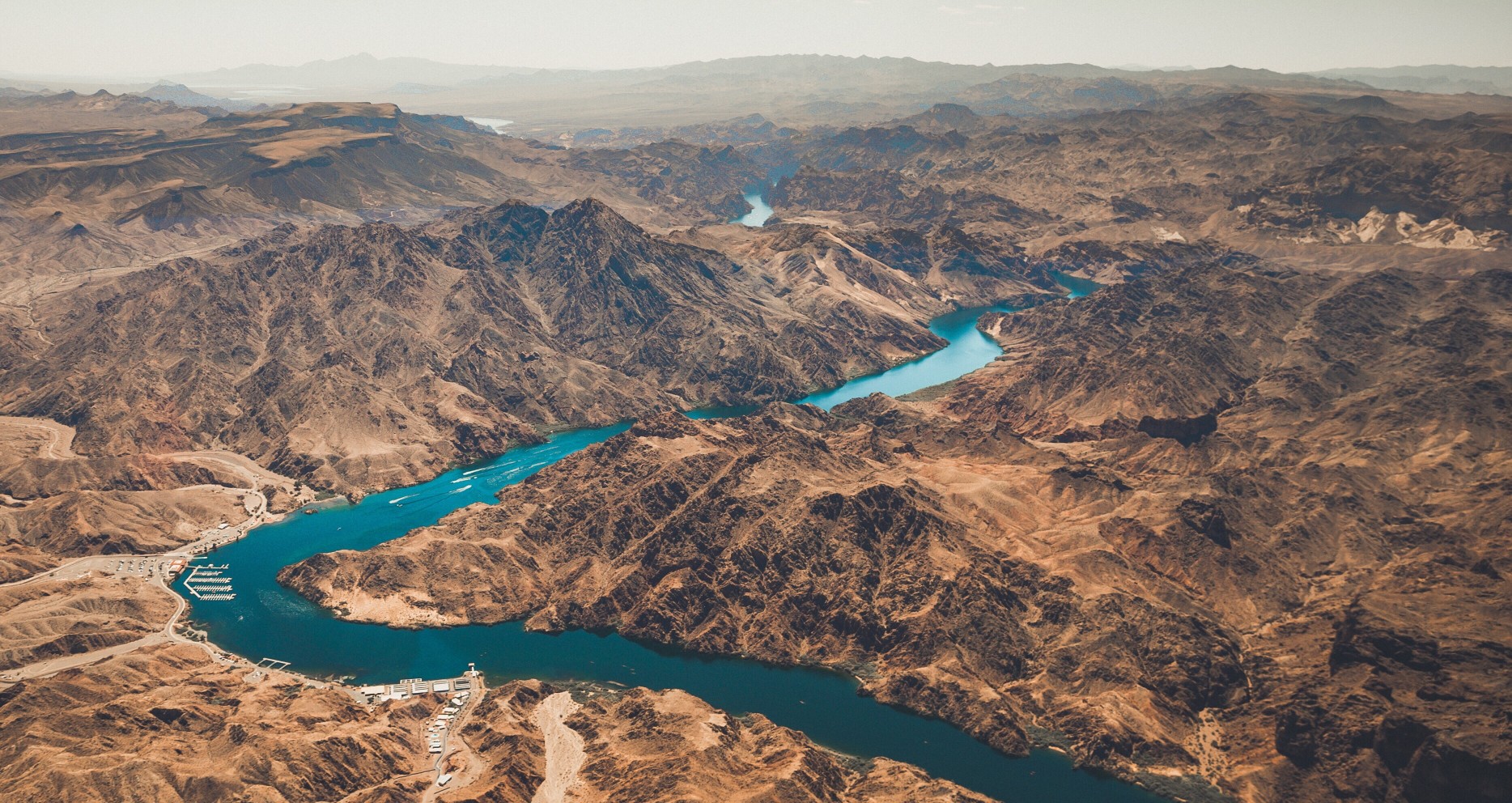French interpretation available!
This online event is co-organized by the Global Water Partnership (GWP), the Wuhan International Water Law Academy (IWLA), Northumbria University, and the United Nations Economic Commission for Europe (UNECE). It is part of the ongoing efforts to engage more with participants of the Massive Open Online Course (MOOC) on Governance for Transboundary Freshwater Security.
Results from the most recent monitoring exercise under SDG indicator 6.5.2 show that only 32 countries have operational arrangements covering 90% or more of shared rivers, lakes, and aquifers. A major effort is needed to develop operational arrangements for basins where they are lacking, and in turn support the SDG 6.5 target of implementing integrated water resources management in all countries by 2030.
The aim of the online session is to explore the importance of design in the development and implementation of agreements and other arrangements on transboundary waters. Through an introduction to the Practical Guide for the Development of Agreements or Other Arrangements for Transboundary Water Cooperation* the session will explore whether there are key ingredients that should structure these agreements and other arrangements. Additionally, the session will consider how design might affect an agreement’s performance and how the Practical Guide can help in drafting new or improve existing transboundary water agreements.
These and other questions will be covered in an interactive way. Questions will be collected from participants upon registration to the event.
This event is part of the Massive Open Online Course (MOOC) on Governance for Transboundary Freshwater Security. Prior to this session, participants are encouraged to register to the MOOC and to look at module 3: International Water Law. It is also recommended to have a quick look at the Practical Guide for the Development of Agreements or Other Arrangements for Transboundary Water Cooperation*.
WHEN: Wednesday, 16 February, at 8:00 (Washington DC), 13:00 (London), 14:00 (Stockholm), 16:00 (Nairobi), 20:00 (Bangkok), 21:00 (Beijing).
Duration: 1.5 hours
HOW: Registration is required. Please sign up HERE. The event will have French translation available.
WHAT: The session will feature speakers with different experiences discussing the following topics:
- Does the design of a Transboundary Water Agreement matter? And if so, how does design affect an agreement’s performance?
- How can the Practical Guide for the Development of Agreements or Other Arrangements for Transboundary Water Cooperation (UNECE 2021) help in drafting new or improving existing transboundary water agreements?
- Are there certain key ingredients that should structure Transboundary Water Agreements and other arrangements?
WHO: The confirmed speakers for the plenary session are:
- Dr. Yumiko Yasuda (Event moderator), Senior Network & Transboundary Water Cooperation Specialist, Global Water Partnership
- Professor Alistair Rieu-Clarke (Co-Chair) School of Law, Northumbria University
- Dr Komlan Sangbana, UNECE (Co-Chair), Environmental Affairs Officer, UNECE
- Dr Mara Tignino, Reader at the Faculty of Law, University of Geneva, and Lead Legal Specialist of the Platform for International Water Law at the Geneva Water Hub
- Alexandros Kolliopoulos, Legal Department, Ministry of Foreign Affairs, Greece
- Dr Phani Livada, Independent International Law Expert
- Niokhor Ndour, Director of Water Resources Management and Planning, Ministry of Water and Sanitation of Senegal (FRA).
*Note: An expert drafting Group has developed the Practical Guide within the framework of the 1992 Water Convention. It is not legally binding and does not supersede the provisions of the Convention.

